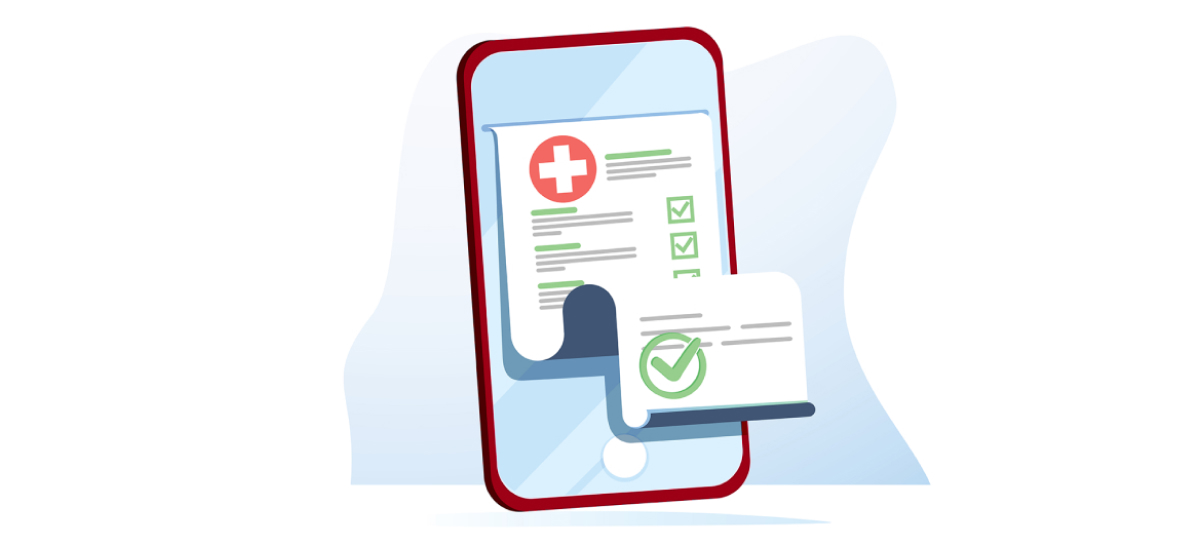Did you know that only about 37% of India’s population is covered under health insurance, despite rising medical costs? With healthcare expenses soaring, a family health insurance is not just a protective shield but also a smart way to save on taxes.
Under Section 80D of the Income Tax Act, taxpayers can claim deductions on premiums paid for health insurance policies for themselves and their family members. Understanding these tax benefits on health insurance can help you optimise your tax savings while ensuring financial security in medical emergencies.
What is Section 80D?
Section 80D of the Income Tax Act allows taxpayers to claim deductions for premiums paid towards health insurance policies for self, spouse, dependent children, and parents. Unlike Section 80C, which covers a wide range of investments, Section 80D specifically focuses on health insurance, encouraging taxpayers to secure themselves and their families against rising medical costs with help of a family health insurance.
This section also includes deductions for preventive health checkups and health insurance for senior citizens, making it a comprehensive provision for managing healthcare expenses efficiently.
Eligibility under Section 80D
To avail of deductions under Section 80D, you must be an individual or a Hindu Undivided Family (HUF). The policy can cover:
· Self and spouse
· Dependent children
· Parents (whether dependent or not)
However, premiums paid for siblings or in-laws are not eligible for deductions under this section. The payment must be made through non-cash modes such as credit cards, net banking, or cheques. Cash payments are allowed only for preventive health checkups.
Deductions available under Section 80D
The deductions under Section 80D vary based on the age of the insured and can be categorised as follows:
1. For self, spouse, and dependent children:
o Up to ₹25,000 per year if the insured is below 60 years.
o Up to ₹50,000 if the insured is a senior citizen (above 60 years).
2. For parents:
o Up to ₹25,000 if parents are below 60 years.
o Up to ₹50,000 if parents are senior citizens.
3. Preventive health checkups:
o An additional deduction of ₹5,000 for preventive health checkups is allowed within the overall limit of ₹25,000 or ₹50,000.
Maximum deduction:
A taxpayer can claim a maximum deduction of up to ₹1,00,000 if both the taxpayer and parents are senior citizens.
What is preventive health checkup under Section 80D?
Section 80D encourages regular health monitoring by offering deductions for preventive health checkups. Individuals can claim up to ₹5,000 for expenses incurred on preventive health checkups for themselves, their spouse, children, or parents. This amount is included in the overall deduction limit and can be paid in cash, unlike insurance premiums. Regular health checkups not only help in the early detection of diseases but also reduce long-term medical costs, making this deduction highly beneficial.
Payments eligible as deduction under Section 80D
Not all payments qualify for deductions under Section 80D. Here’s what is eligible:
· Health insurance premiums: Paid for self, spouse, dependent children, and parents.
· Preventive health checkup costs: Up to ₹5,000 within the overall limit.
· Medical expenditure for senior citizens: If no insurance is available for senior citizens, medical expenses up to ₹50,000 can be claimed.
Note: Premiums paid for group health insurance provided by employers are not eligible for deductions under Section 80D. Additionally, GST on health insurance premiums is also not deductible.
Final thoughts
Investing in health insurance plans for family not only safeguards your loved ones but also provides significant tax benefits on health insurance under Section 80D. By understanding the eligibility criteria and maximising the deductions available, you can effectively reduce your taxable income. Before your next tax-filing season, explore comprehensive health insurance plans that offer overall coverage and align with your financial goals.
Secure your family’s health and your wealth with Generali Central. Explore our plans today for maximum coverage and tax savings!
FAQs
Q1: Can I claim a deduction under Section 80D for premiums paid for my in-laws?
A: No, premiums paid for in-laws are not eligible for deductions under Section 80D. You can only claim for self, spouse, dependent children, and parents. However, if you pay premiums for a health insurance policy where your spouse is the proposer and the policy covers your in-laws, your spouse may be eligible for the deduction.
Q2: Is cash payment allowed for health insurance premiums under Section 80D?
A: No, cash payments for health insurance premiums are not eligible for deductions. However, cash payments for preventive health checkups up to ₹5,000 are permitted.
Q3: Can I claim deductions under Section 80D if I have already exhausted the limit under Section 80C?
A: Yes, deductions under Section 80D are separate from Section 80C and can be claimed independently for health insurance premiums.
Q4: Are premiums paid for critical illness plans eligible for deductions under Section 80D?
A: Yes, premiums for critical illness riders or standalone policies are eligible for deductions under Section 80D and provide tax benefits on health insurance.
Q5: How to choose the best health insurance plans for family to maximise Section 80D benefits?
A: Look for plans with comprehensive coverage, cashless hospital networks, and riders for critical illnesses. Opt for policies that offer a high sum insured and include features like maternity benefits, annual health checkups, and pre- and post-hospitalisation coverage.
Additionally, ensure the insurer has a good claim settlement ratio. Comparing premiums and benefits across providers can help you make an informed choice, optimising both coverage and tax deductions under Section 80D.

























